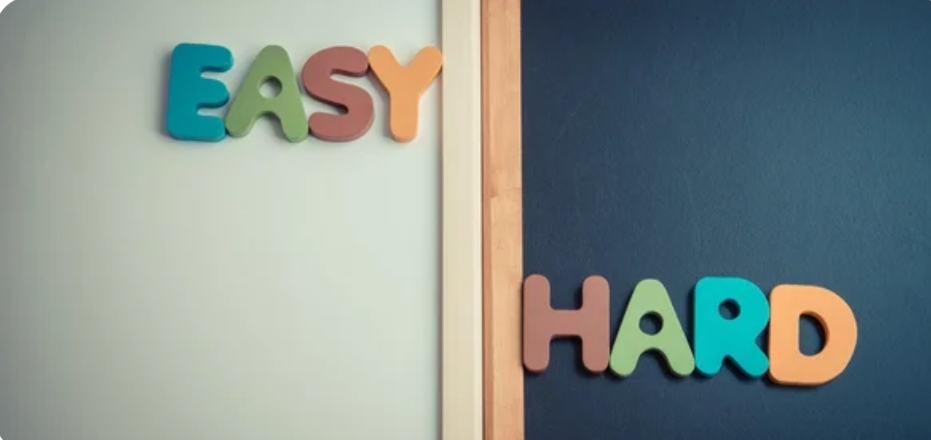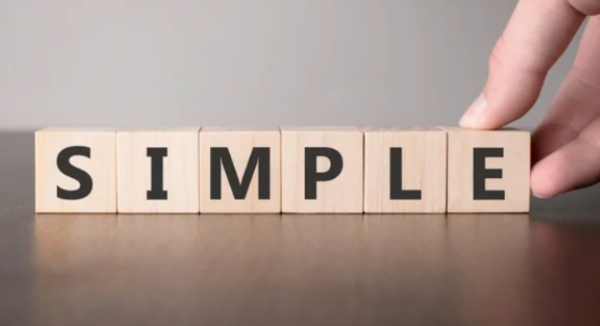
Have you ever come across something that you find easy to understand in your mind, but struggle to explain it to others? This phenomenon is quite common and can be quite frustrating. It can leave you feeling as though you lack the ability to effectively communicate your thoughts and ideas, even though you have a clear understanding of them yourself.
The concept of “it’s easy to understand but hard to explain” is something that many people can relate to. Whether it’s a complex mathematical formula, a scientific theory, or a philosophical concept, there are often things that we grasp intuitively but find difficult to put into words.
Why sometimes its easy to understand but difficult to explain?
One reason for this difficulty in explaining abstract ideas is the limitations of language. Language is a powerful tool for communication, but it has limitations when it comes to conveying complex or abstract concepts. Some ideas simply do not have precise words or phrases that can accurately capture their essence.
Another reason for this difficulty is the gap between individual experiences and perspectives. We each have our own unique way of understanding the world based on our personal background, knowledge, and life experiences. When trying to explain a concept to someone else, we may struggle to bridge this gap and convey our understanding in a way that is meaningful to them.
Additionally, some concepts may be so deeply ingrained in our subconscious that we struggle to articulate them consciously. This is similar to the concept of “tacit knowledge”. It refers to knowledge that is difficult to articulate but is nonetheless crucial for our understanding of a particular subject.
When things do not go as planned
How to overcome this challenge?
So, what can be done to overcome this challenge of explaining something that’s easy to understand but hard to explain? One approach is to use analogies or metaphors to make the concept more relatable and easier to grasp. By comparing the abstract idea to something more concrete or familiar, you can help others make connections and understand the concept better.
Another approach is to break the concept down into smaller, more digestible parts. By breaking it down into simpler components, you can help others build a foundation of understanding. After building a foundation of understanding you can delve into the more complex aspects of the idea.
Lastly, practice and patience are key. As with any skill, the ability to effectively explain abstract concepts takes time and practice to develop. Keep trying different ways to explain the concept, and don’t get discouraged if you don’t succeed right away.
Therefore, while it may be frustrating to struggle to explain something that is easy to understand in your mind, it is a common challenge that many people face. By being mindful of the limitations of language, bridging the gap between individual experiences, using analogies and metaphors, breaking concepts down into simpler parts, and practicing patience, you can improve your ability to explain complex ideas to others.

